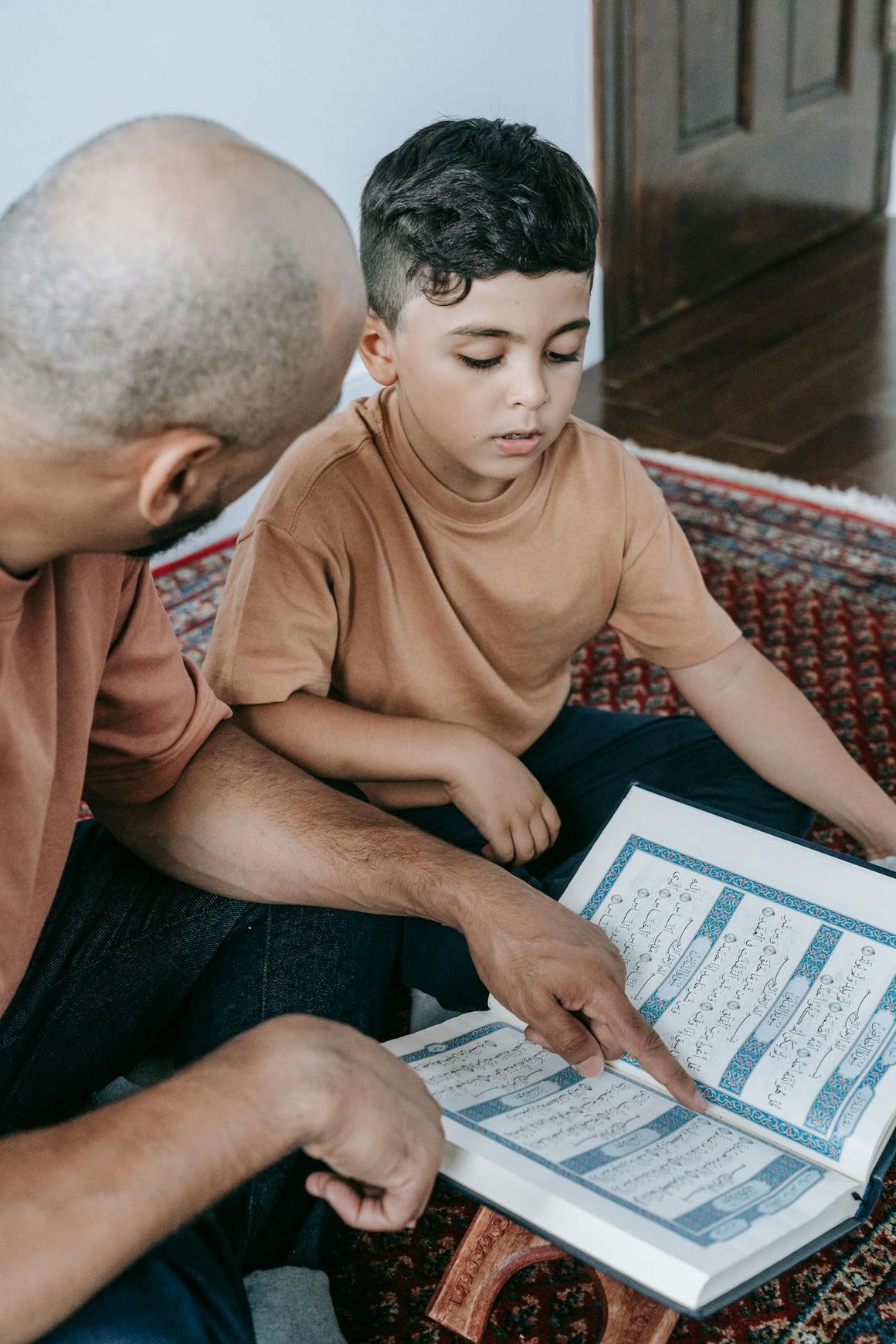It’s a heartbreaking reality. Scrolling through the news, we’re constantly bombarded with images of hardship, of empty plates, and the stark reality of world hunger. Millions struggle to find their next meal, and it’s easy to feel overwhelmed, even hopeless. But as Muslims, we have a source of comfort, a foundational belief that anchors us even in the face of such immense suffering: the unwavering promise of rizq – provision – from Allah (SWT).
This isn’t simply about food, though that is undeniably crucial. Rizq encompasses all forms of provision – sustenance, health, opportunities, even peace of mind. It’s a concept deeply rooted in Islamic theology, and understanding it can offer both personal solace and inspire us to action.
The Quranic Foundation of Rizq
The Quran is replete with verses reminding us that Allah (SWT) is the sole provider. Consider this beautiful verse from Surah Al-Imran (3:37):
Indeed, Allah provides for whom He wills without account.Surah Al-Imran (3:37)
This isn’t a promise of material wealth for simply wanting it, but gratitude is key that unlocks blessings. We need to acknowledge Allah as the source of all good, we open ourselves to receiving more.
And in Surah At-Talaq (65:3), Allah (SWT) states:
And will provide for him from where he does not expect. And whoever relies upon Allah - then He is sufficient for him.Surah At-Talaq (65:3)
This verse is particularly poignant. It reminds us that Allah’s provision often comes in unexpected ways, through avenues we haven’t even considered. It’s a lesson in trusting His plan, even when things seem bleak. This isn’t to say we should be passive, but rather that we should strive and trust that Allah will facilitate our efforts.
The Paradox of Plenty and Poverty
If Allah is the provider, why does hunger persist? This is a question that weighs heavily on the hearts of many. The answer, unfortunately, is complex. It’s not a lack of overall resources; the world produces enough food to feed everyone. The issue lies in distribution, in systemic inequalities, conflict, and waste.
Islam emphasizes justice and fairness. The Prophet Muhammad (peace be upon him) taught us the importance of caring for the needy. Zakat, one of the five pillars of Islam, is a mandatory form of charity designed to redistribute wealth and alleviate poverty. But beyond Zakat, Islam encourages sadaqah – voluntary charity – and emphasizes the importance of helping those less fortunate.
Those who spend their wealth in the way of Allah and then do not follow up what they have spent with reminders [of it] or [other] injury will have their reward with their Lord, and there will be no fear concerning them, nor will they grieve.Surah Al-Baqarah, 2:262
This verse isn’t just about financial reward; it’s about the inner peace and contentment that comes from selfless giving.
Beyond Charity: Sustainable Solutions
While charity is vital, it’s not a long-term solution. We need to address the root causes of hunger. This means advocating for fair trade practices, supporting sustainable agriculture, and working to resolve conflicts that disrupt food production and distribution.
As Muslims, we have a responsibility to be stewards of the earth, to protect its resources, and to ensure that everyone has access to the sustenance they need. This aligns with the Islamic principle of mizan – balance – in all things. We must strive for a balance between our own needs and the needs of others, between economic development and environmental sustainability.
Finding Hope in the Promise of Rizq
In a world grappling with hunger, it’s easy to feel overwhelmed. But as believers, we can find comfort in the unwavering promise of rizq. It’s a reminder that Allah (SWT) is aware of our struggles, that He provides for all His creation, and that He will never abandon us.
This isn’t a passive acceptance of suffering, but a call to action. It’s a reminder that we are all interconnected, and that we have a responsibility to care for one another. Let us strive to be agents of change, working to create a world where everyone has access to the sustenance they need, both physically and spiritually.
May Allah (SWT) grant us the strength and guidance to fulfill this noble purpose. Ameen.


